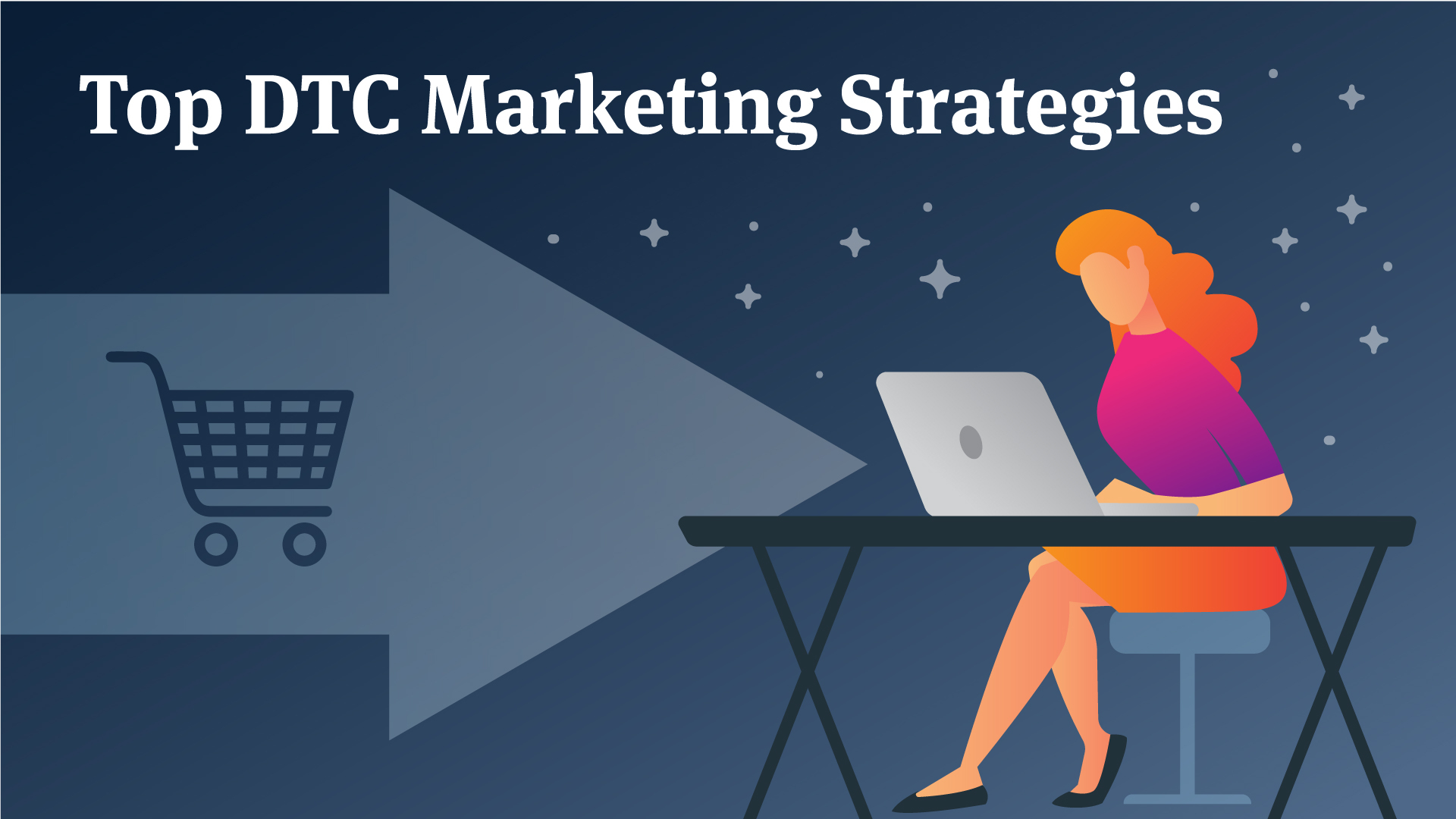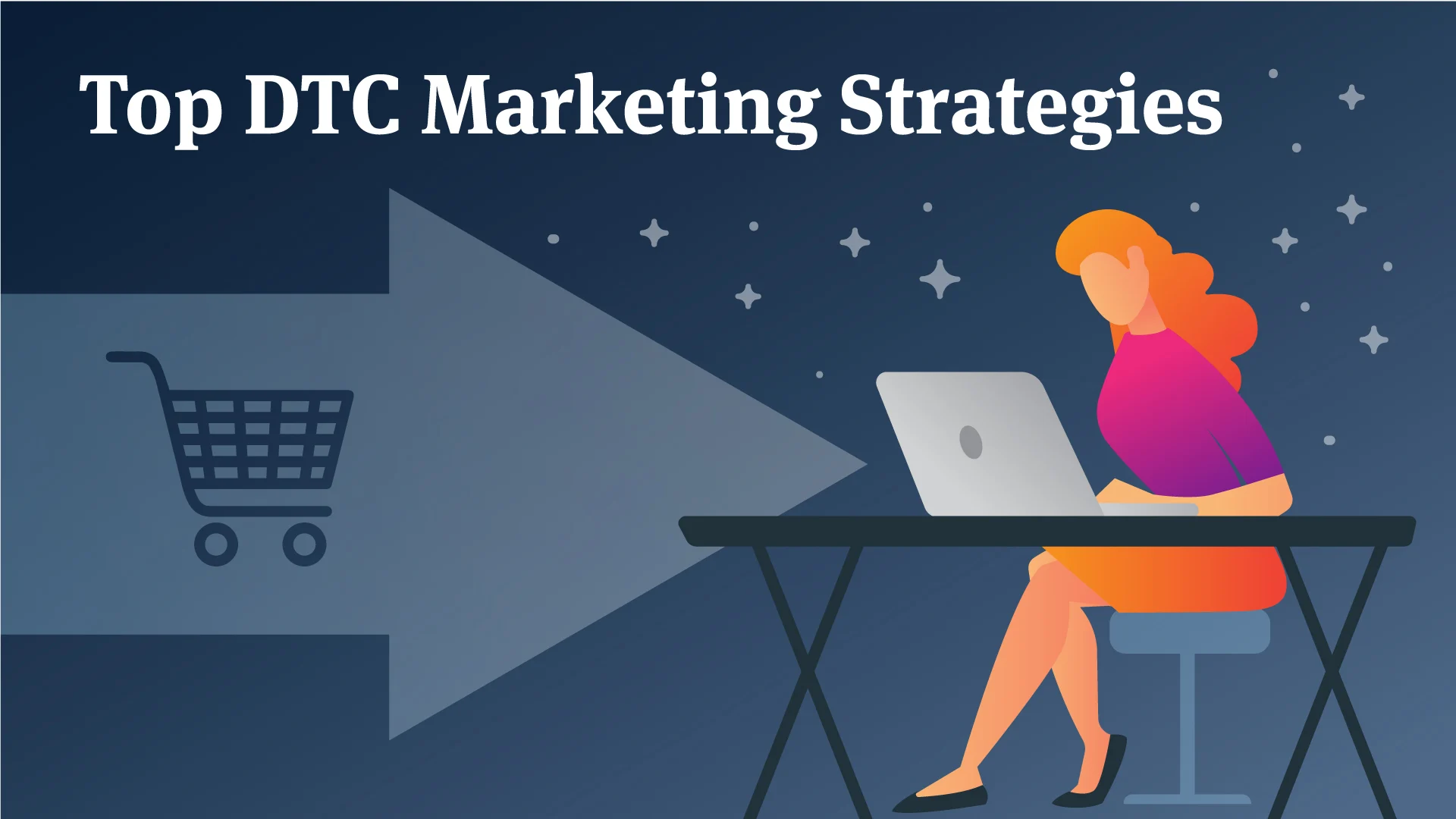
I have chosen to delve deeper into the why and the how because there are an increasing number of direct-to-consumer brands entering the market and large, manufacturing corporations heading in this approach.
It will take you 30 minutes to read this, but it will be worthwhile. I’ve created a quick index of the subjects covered in this post so you can quickly navigate it:
How do direct sales work?
What do you stand to lose if you don’t sell directly?
What can you infer about brands that are only direct-to-consumer (D2C)?
A channel conflict is what?
How do businesses transition to direct sales? Examples
Summary
How do direct sales work?
Just to be clear for everyone, direct sales in this article refer to transactions made directly between a manufacturer and a customer, without the need of a middleman (no third parties, no dealers, no retailers, nobody). We do not mean MLM, pyramid schemes, or friend-to-friend sales.
Manufacturers who sell exclusively through direct to consumer (D2C) channels are known as D2C manufacturers. For the purposes of this article, we will use a more restrictive definition of D2C manufacturers. Many manufacturers who don’t sell direct to consumers (D2C) but do sell indirectly, as through dealers, have D2C names (brands whose products are sold only directly).
What traits distinguish D2C brands?
Direct-to-consumer (D2C) businesses produce and deliver their goods directly to customers, cutting out traditional retailers and other intermediaries. Due to their complete control over the development, marketing, and distribution of their products, D2C businesses can provide their goods at lower prices than traditional consumer brands. Unlike their traditional retail rivals, D2C firms have a wider range of distribution options at their disposal, including direct-to-consumer delivery, joint ventures with physical retailers, and pop-up stores. They can gain visibility without depending on conventional retail establishments. These well-positioned businesses face competition from several of the biggest retail brands in a variety of categories, including mattresses, razors, shoes, and more. They are competing by reevaluating both the product and the selling strategy.
What do you stand to lose if you don’t sell directly?
The Name
“You might have won a sale, but you’ve lost the opportunity to build a relationship,” says Alex Becker, global VP of branded manufacturers at the commerce-as-a-service solution provider Digital River. If a customer chooses your product over a competitor’s on a retailer’s website, he or she may have made a purchase.
Direct-to-consumer marketing (D2C) enables businesses to direct the narrative of their brand and communicate with consumers. How effective would communication be if there was always a third party between you and, say, your mother (or another family member or friend)? What if you had to always call a stranger and tell them everything you wanted to tell your mother? When your mother answered the phone, they would tell her everything they remembered about you.
Doughboys Club
Is there a male skin care item that is used more frequently than a razor? This market is currently oversaturated with numerous varieties of razors and is therefore quite competitive.
Dollar Shave Club, a startup, is aware of this. Based on this, they created their competitive advantage. What men actually want is a nice razor in a world when there are so many options. a decent, reasonably priced razor. Every time they need to make a purchase, they do not want to waste time looking around a store. Without much consideration, they seek consistency in quality. Dollar Shave Club gives just this. Every month, for a dollar, a razor will be delivered to your home along with a box of necessary accessories, if you choose.
Apple
Currently, Apple has a mixed-channel strategy, doing 29% of its sales directly and 71% through retailers (Apple authorised resellers, AT&T, Sprint, Verizon, the biggest retailers like Walmart, eBay, Amazon). Apple sells primarily through shops, but it is also gradually embracing direct sales. There were only ever a few, well vetted dealers. The initial steps of the customer journey are typically taken on their website or at their stores, which are situated in the most popular places.
Apple has an affiliate/referral programme for its apps that in 2017 paid customers 7% commission for referrals and was reduced to 2.5% in 2018.
A multi-channel commerce strategy, which combines many channels (such as online, print catalogues, and sales teams) into one cohesive ecosystem, is quickly becoming the norm in the manufacturing industry. Manufacturers who successfully integrate e-commerce into their processes will be at a competitive advantage over those stuck in a brick-and-mortar-only environment. In 2019, direct sales are starting to set them apart. Leading manufacturers will prioritise the implementation of omni-channel commerce solutions, which advance the multi-channel idea by delivering seamless shopping and fulfilment experiences across all conceivable connection channels. Some producers will only engage in direct sales.

One response to “DTC Marketing Techniques for Manufacturers”
Top site ,.. amazaing post ! Just keep the work on !